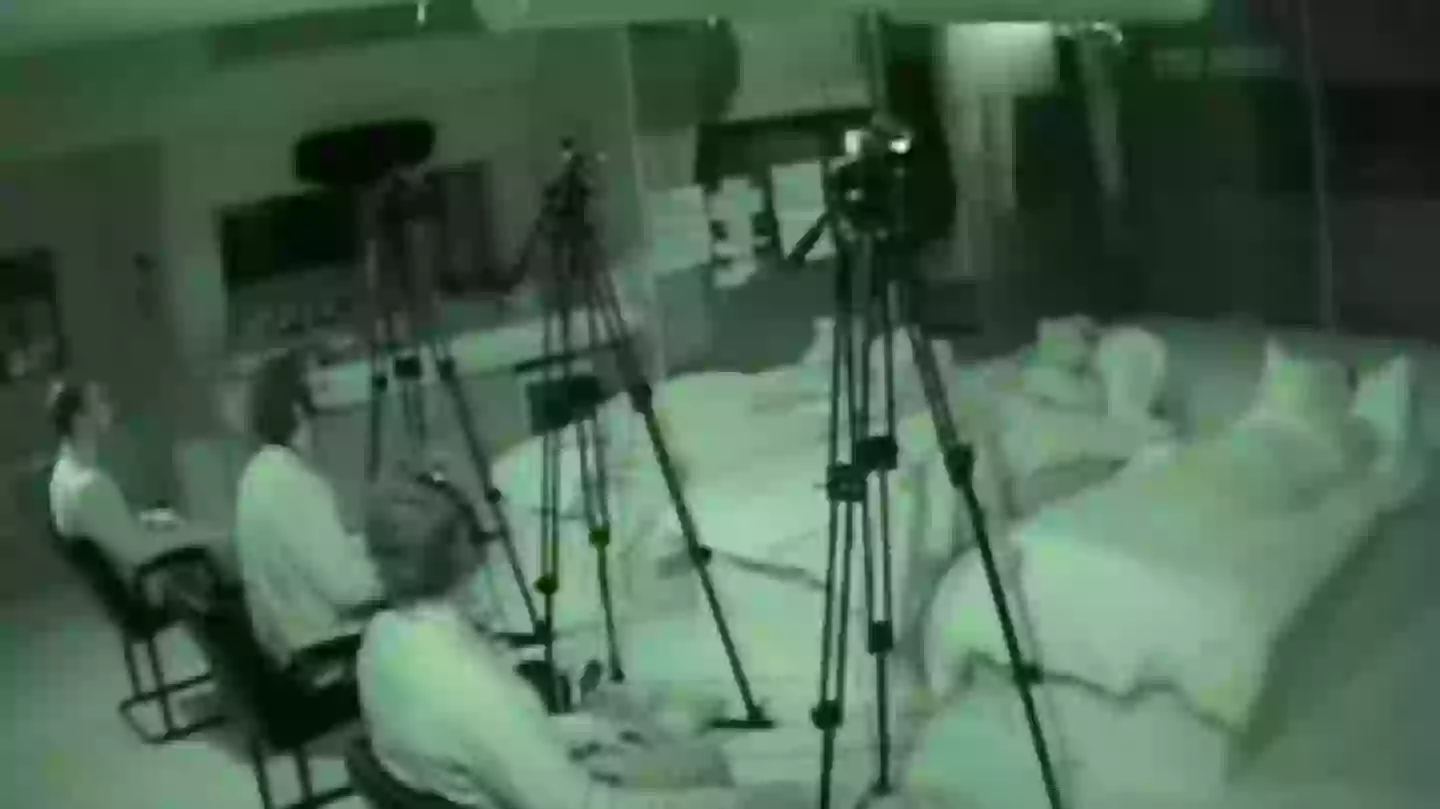Twenty-one years ago, a group of 10 individuals descended upon an abandoned shopping center in London to engage in a unique challenge of extreme sleep deprivation. The prize at stake was $134,000, and the task was straightforward: stay awake for an entire week.
Reality television has long been associated with pushing boundaries, often courting scandal and controversy. This genre has a history filled with shows that may not be deemed acceptable by today’s standards.
While many enjoy indulging in guilty pleasures like The Kardashians and The Real Housewives, producers face the challenge of balancing ethical considerations with the audience’s thirst for drama.
The late 1990s and early 2000s marked a peak period for reality TV, during which several shows aired that, in hindsight, seem unbelievable.
One such program was Shattered, a British experiment focusing on sleep deprivation, where 10 contestants, aged 19 to 33, competed to stay awake as long as possible.
However, the challenge was far from simple.
Participants were subjected to grueling tasks labeled ‘You Snooze You Lose,’ designed to make them fall asleep. These tasks included cuddling soft toys, sitting in overheated rooms, listening to lullabies sung by ‘grandmas,’ and even watching paint dry while seated in a recliner.
Closing their eyes for just ten seconds would result in a $1,300 deduction from the prize pool—a premise that makes one wince just considering it.
Ultimately, it was Clare Southern who triumphed, winning the final ‘sleep off’ challenge where participants were instructed to go to bed and see how long they could resist sleep.
A fellow participant claimed she had developed a strategy of inducing foot cramps to stay awake, though she later admitted this was an offhand remark.
She was so adept at staying awake that producers eventually instructed her to sleep during the final challenge.
However, viewers and health experts were unimpressed. The show received 34 Ofcom complaints about its concept, while the British Association for Counselling and Psychotherapy criticized it as ‘misconceived and dangerous,’ citing the case of Peter Tripp, a world-record aspirant who suffered a breakdown after remaining awake for 201 hours in 1959.
The show’s runner-up, Chris Wandel, likened the experience to being at a party and compared the effects of severe sleep deprivation to feeling intoxicated.
“You know how sometimes when you’re drunk you’re having the best time ever and sometimes you can be an emotional wreck? It’s like that,” he explained.
For much of the show, the contestants surprisingly maintained a positive demeanor, though rumors suggested one participant ‘lost it’ and experienced hallucinations, believing they were the Australian prime minister.
Meanwhile, someone who claimed to have participated in the test pilot reported taking a month to restore his normal sleep pattern and vowed never to agree to another TV pilot.
“I turned into a zombie and my friends said it was like I was constantly stoned. I would not recommend it,” he shared on Reddit.
Comments on resurfaced clips of the show reflect mixed opinions. While some viewers from that time period found it entertaining, others labeled it ‘unhealthy,’ ‘unhinged,’ and even ‘torture.’
One commenter remarked that such a show would never be allowed today.
Despite the controversial nature of the show, Prof Jim Horne, a sleep neuroscientist from the University of Loughborough who advised the production, stated, “There was an atmosphere of fun about the whole thing that was very important.
“If there’s a bit of fun and purpose to it, you’ll cope better.”
Safety measures were in place, as contestants were permitted 45-minute naps at intervals, and none of them reported feeling mistreated during the show.
According to the Cleveland Clinic, sleep deprivation can lead to various uncomfortable symptoms:
Prolonged sleep deprivation can also have more severe consequences:
Shattered concluded after a single season, joining the ranks of reality TV shows that tested boundaries, ultimately pushing too far.

